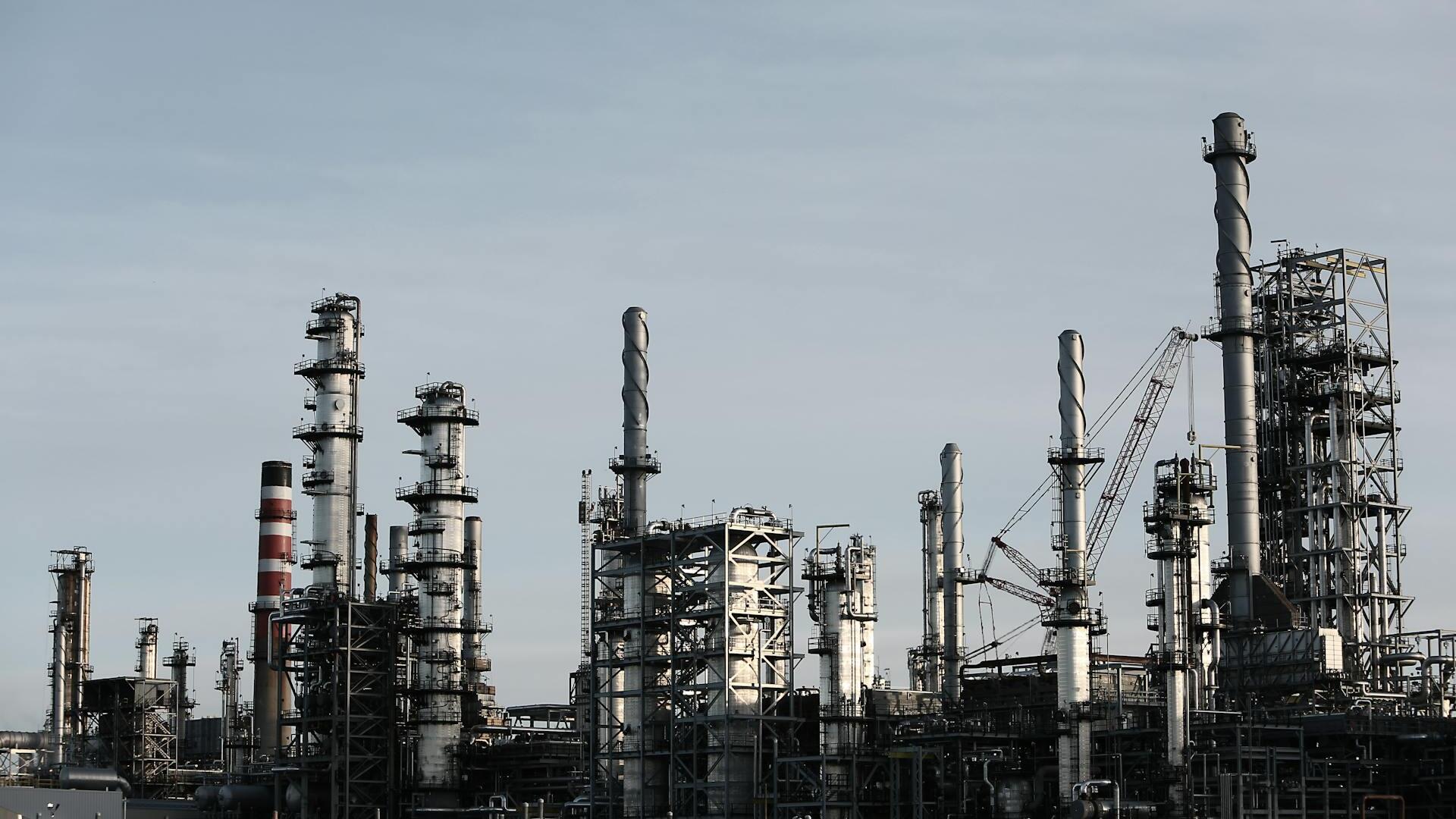Crude oil prices edged lower in Asian trading on Wednesday, extending a three-day losing streak, as traders balanced falling U.S. stockpiles against renewed sanctions on Russia and the possibility of a fresh OPEC+ output boost.
By 3:50 pm AEDT (4:50 am GMT), Brent crude futures were down 6 cents, or 0.1%, at $64.34 per barrel, while U.S. West Texas Intermediate (WTI) slipped 7 cents, or 0.1%, to $60.08 per barrel.
Data from the American Petroleum Institute (API) showed that U.S. crude, gasoline, and distillate inventories declined last week, with crude stocks falling by 4 million barrels in the week ending October 24, surpassing market expectations for a 2.9 million-barrel draw.
Last week, both Brent and WTI posted their biggest weekly gains since June, following U.S. President Donald Trump’s decision to impose Ukraine-related sanctions on Russian oil majors Lukoil and Rosneft.
Despite the move, investors doubted whether sanctions alone would offset persistent oversupply, and both benchmarks dropped about 1.9% in the previous session.
On Tuesday, the Kremlin reiterated that Russia offered “top-quality energy at a good price” and that partner nations could decide independently whether to continue purchases following U.S. sanctions.
Several Indian refiners have reportedly paused new Russian oil orders pending government and supplier guidance.
However, Indian Oil said it would continue buying Russian crude as long as it was complying with sanctions.
Meanwhile, Germany’s economy minister confirmed the U.S. government had exempted Rosneft’s German assets from sanctions, citing their separation from Russian control.
Within OPEC+, discussions are reportedly underway for a modest production increase in December. Four sources familiar with the matter told Reuters that the group may add around 137,000 barrels per day, though no final decision has been made.
The CEO of Saudi Aramco said on Tuesday that global crude demand remained strong before sanctions on Russian oil took effect and that Chinese consumption “was still healthy.”
Analysts at ANZ noted in a client report: “The amount of oil being shipped across the world’s oceans hit a record high. About 1.4mbbl are now aboard oil tankers, according to data from Vortexa.
"That is the highest level in figures going back to 2016. This comes as the OPEC+ alliance looks to meet this weekend to discuss its production plans. Another modest increase in output of 137kb/d is the base case, according to two delegates in a Bloomberg report.”



